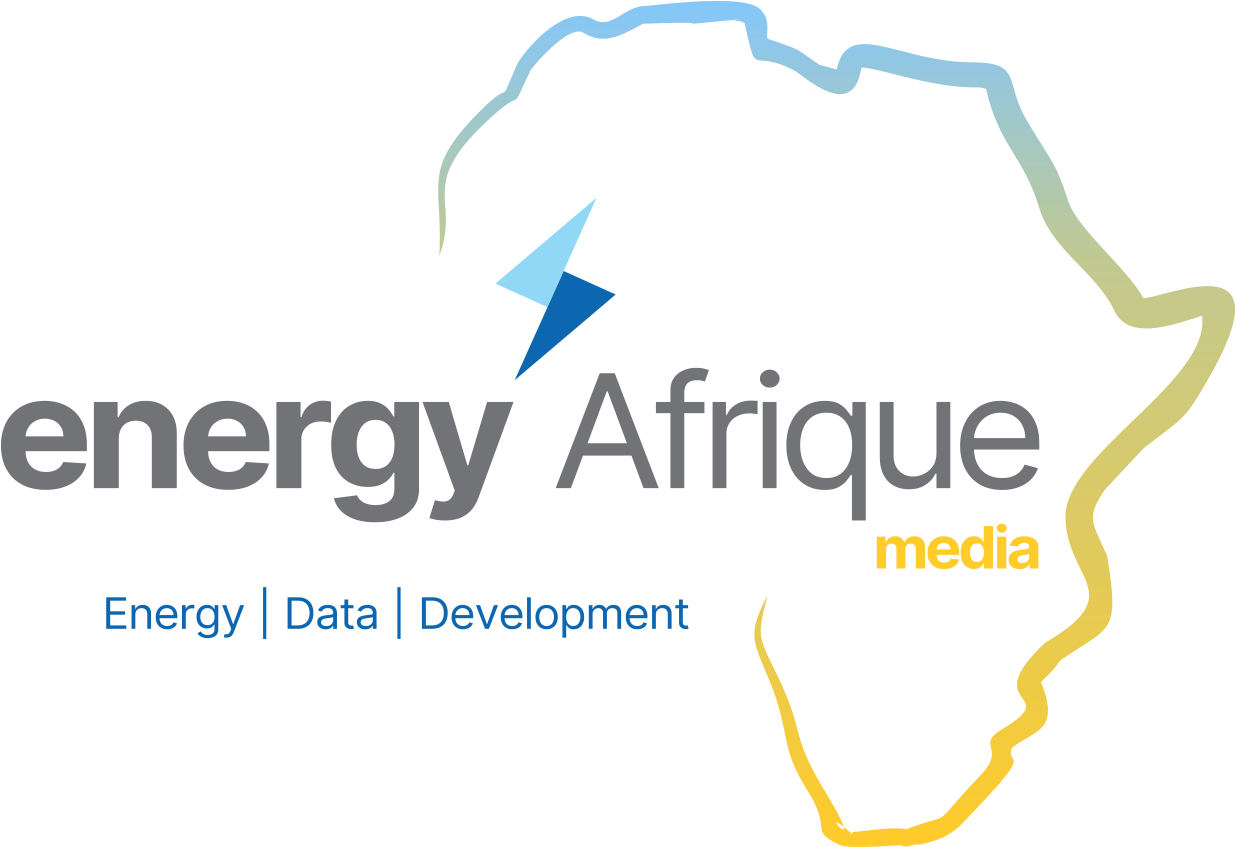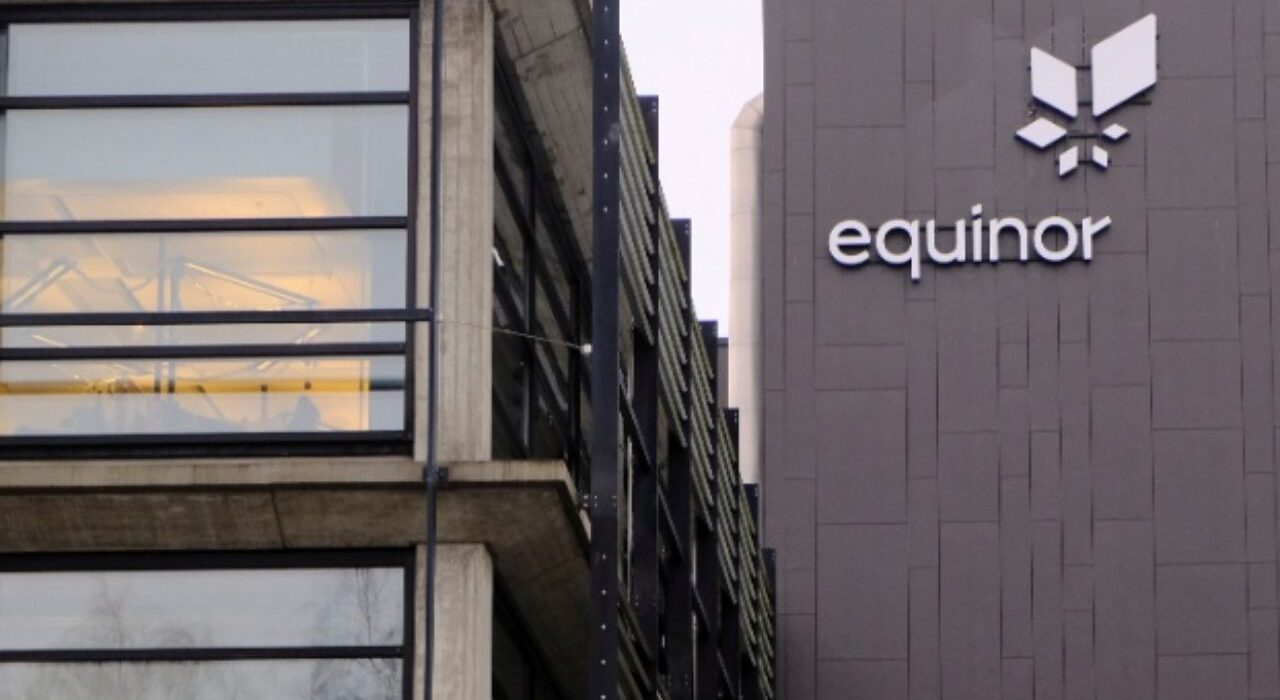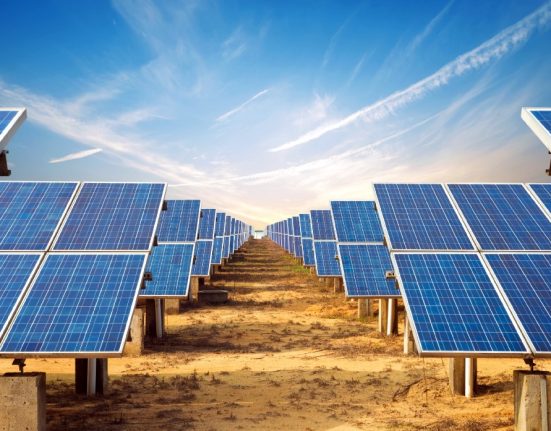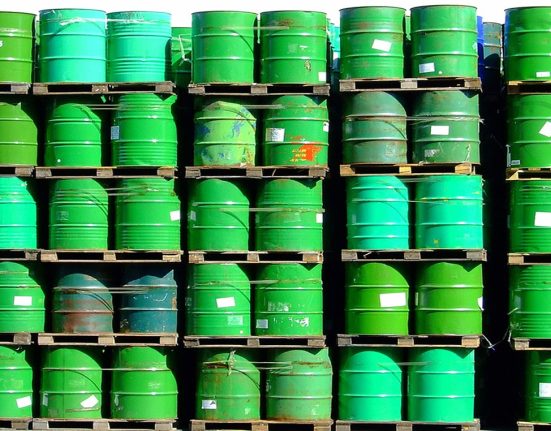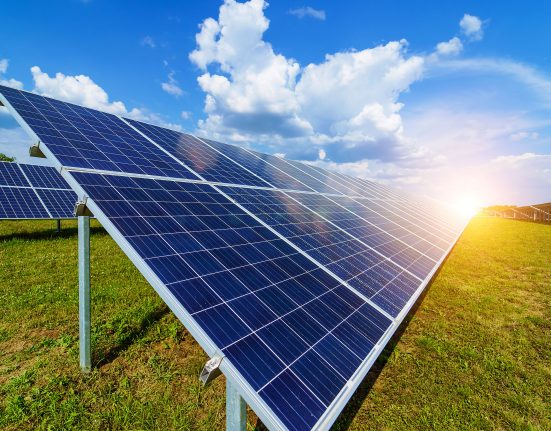Equinor, the Norwegian oil and gas producer, experienced a significant drop in first-quarter profit, primarily due to the sharp decline in natural gas prices in Europe.
However, the impact was partially offset by strong energy trading activities and increased production levels.
According to Reuters, Equinor’s adjusted earnings before tax for the January-March period fell by almost 37% to $7.53 billion, although this exceeded the forecast of $7.2 billion compiled by a poll of analysts.
“Production on the Norwegian continental shelf was high,and the international portfolio contributed with solid production growth,” Equinor CEO Anders Opedalsaid in a statement.
Equinor notably surpassed Russia’s Gazprom as Europe’s largest natural gas supplier in 2022, a significant development driven by the geopolitical shifts following Moscow’s invasion of Ukraine.
The decline in natural gas prices was reflected in the performance of the Dutch TTF front-month gas contract, Europe’s benchmark, which averaged 27.51 euros per megawatt hour (MWh) in the first quarter, down from 52.73 euros/MWh a year earlier.
“Equinor’s operating income beat the market consensus due to slightly higher output in the United States and strong results from both liquids and LNG trading,” RBC analyst Biraj Borkhataria said.
The company maintained its oil and gas output projection for the year, expecting it to remain flat compared to 2023.
Equinor’s Market, Midstream, and Processing (MMP) division, which includes its trading business, posted a profit of $887 million, down from $1.3 billion a year ago but surpassing the poll forecast.
The strong performance in this segment was attributed to robust results from liquids and LNG trading, exceeding Equinor’s guidance range.
Overall, while Equinor faced challenges from declining natural gas prices, its diversified portfolio and strategic initiatives in energy trading helped mitigate the impact on its financial performance during the first quarter.
